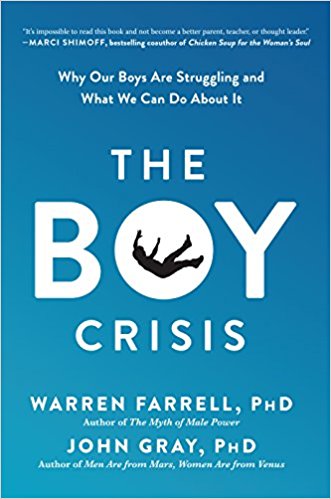![]()
Canada, U.S. teen suicide rates similar
Canadian Press, Dec. 13, 2006
While young Canadian women tend to experience depression and thoughts of suicide more than men, the men are more likely to act on their suicidal thoughts, says a new study on depression and suicide among teens.
The study, compiled by psychiatrists at Sunnybrook Health Sciences Centre in Toronto, found links between "suicidality" and age, income levels and where a teen lives in Canada.
The purpose of the study was to explore whether depression and suicide rates among Canadian teens were any different than those in the U.S., given Canada's universal health-care system, said Amy Cheung, the study's author.
"Adolescents are very likely to experience depression during their teenage years, and if you go to a classroom of 30 kids, you'll find two or three may have experienced depression previously or are currently experiencing depressive symptoms," Cheung said.
"A majority of these kids are not treated for depression, and depression itself can have a significant impact on their functioning in school and can be a big cause of disability and burden in the family."
Male teens in B.C. had the highest attempted suicide rate, while those in Quebec reported the highest rate of depression.
Nearly a quarter of the female teens from B.C. who took part in the study reported having had suicidal thoughts.
The study also found that suicidality rates in Canada differ little from those in the U.S., despite the fact that universal health coverage north of the border gives Canadians better access to health care.
"Since suicidality is frequently a consequence of untreated depression, it is noteworthy that rates of suicidality in Canada are comparable to the U.S. in spite of the universal health insurance coverage that gives Canadians access to needed health care," the study says.
"This raises questions about the barriers to access to mental health services and the effectiveness of the Canadian health-care system in addressing the mental health needs of our adolescents."
Experts say the study indicates a need for school programs to better educate teachers about depression and suicide, which is the second leading cause of death among teens in Canada.
Dr. Catherine Renaud suggested teachers and guidance counsellors should be educated so they can help physicians in detecting signs of depression.
"The problem is that youth don't talk about their depressive moods to their physicians," Renaud said. "A drop in grades, difficulties with other peers and participating in fewer social activities are signs of depression."
The study showed the highest rate in depression is seen in Quebec, followed closely by the Prairies and B.C. more than 50 per cent of adolescents who commit suicide have experienced a form of depression.





